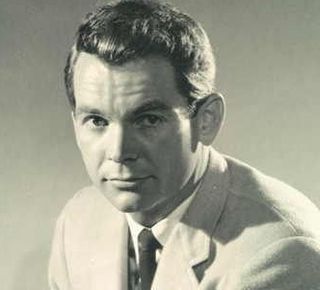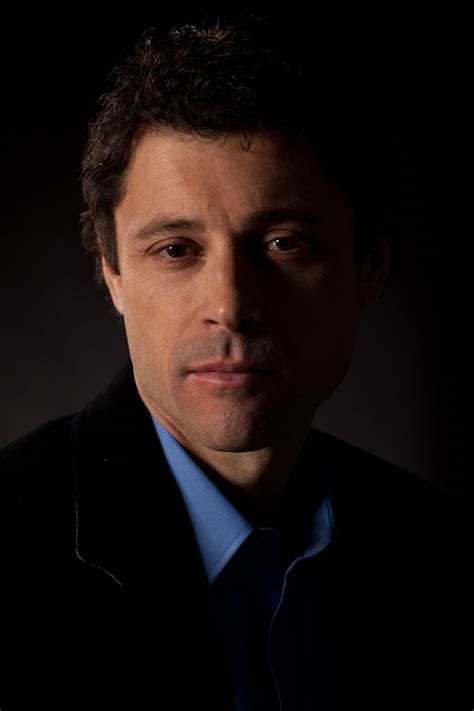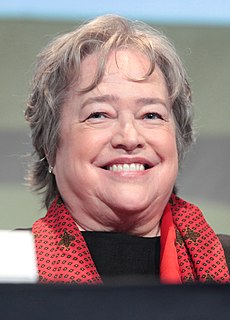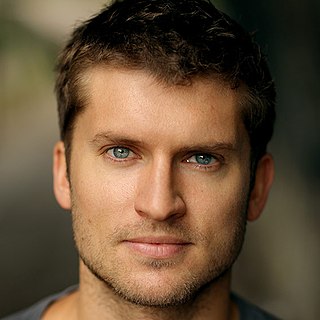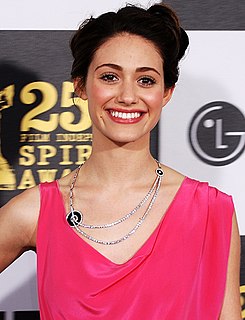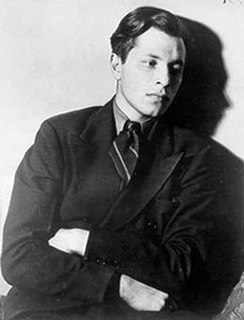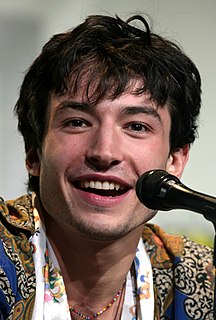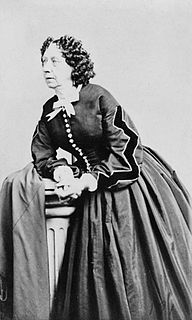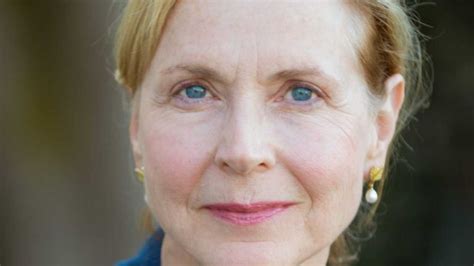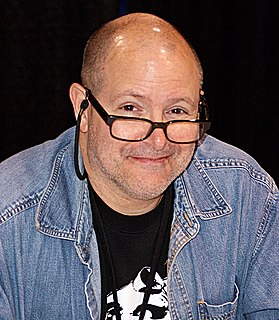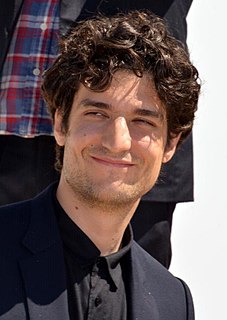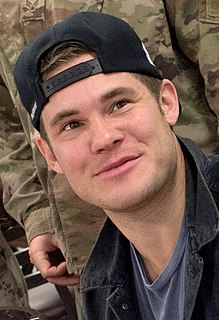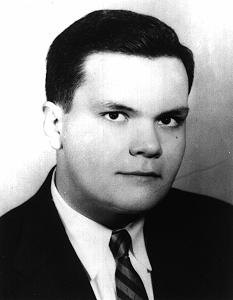Top 1200 Literary Characters Quotes & Sayings - Page 15
Explore popular Literary Characters quotes.
Last updated on November 5, 2024.
I don't know where people got the idea that characters in books are supposed to be likable. Books are not in the business of creating merely likeable characters with whom you can have some simple identification with. Books are in the business of creating great stories that make you're brain go ahhbdgbdmerhbergurhbudgerbudbaaarr.
I wasn't into fairytales when I was little. I was of the generation of the earlier Disney films where many of the female characters, with the exception of the Maleficent's, were not little girls that I admired... the little princesses. They weren't characters that I identified with. I think that's very different now for my girls and more recent films.
It's something I'd find rather distracting in a historical piece, looking at characters that have obviously just gotten off their Ab Blaster. You see a piece set in the 1300s or the 1800s, and you've got characters who have perfect abs and are incredibly well-groomed, not a hair out of place, and it just doesn't make sense.
In terms of the characters, I definitely do look for somebody that I think people can learn from and I can learn from too. In one way or another, by the fact that they are a role or by that fact that they aren't a role model. I feel like I was attracted to the past few characters that I've played, because they have an element that really touched my heart.
I always start drawing any job by planning out to some degree the locales and trying to nail the characters. If they're existing characters, I'll draw them several times on rough paper just to get a feeling for them. The ideal when you're drawing a comic is to have everything in your head, not to have to refer to notes.
I think that in some ways 'Climax' is easier to digest than my other movies because the characters are easier to identify with. You love them because they're young, they're great dancers, they're beautiful, and they are willing to construct something. They're not losers like most of the characters of my previous movies.
My daughter was a toddler. I had no idea there was anything wrong with kids' media.I started watching little preschool shows with her or G-rated videos or whatever; I couldn't believe what I was seeing, that there seemed to be far more male characters than female characters in what we make for little kids. It was just a shock.
I've always liked shows that have a strong cast of secondary characters. One of the greatest examples ever I would say is 'The Simpsons.' If you think about it, you could name 100 characters recognizable from that show. I think 'Scrubs' has done a good job of having a strong team coming off the bench.
But to be perfectly frank, this childish idea that the author of a novel has some special insight into the characters in the novel ... it's ridiculous. That novel was composed of scratches on a page, dear. The characters inhabiting it have no life outside of those scratches. What happened to them? They all ceased to exist the moment the novel ended.
I look at all of world mythology and folklore as my toy to play with. There are just so many characters and creatures there I want to put on paper. It's a really exciting thing for me to take material that I really love and put a new coat of paint on it and present it to this audience. And I don't have to make up any of the characters. I can just pull a book of mythology off the shelf and say, "I'll use this guy." I also hate making up names for fantasy characters. I'll just flip through these books and say, "Wow, this is way crazier than anything I could make up".
I'm very conditioned by my surroundings, by the influences of social media, by the television I watch. And I always found, growing up, that even inspiring female characters or complex female characters in television and film, I often found that their complexity was actually just another facet of their sexuality.
In terms of characters I wish I had created - just because I haven't dealt with anything like them - I'm really impressed by characters who can endure over time, whether that be a long series run like a Harry Bosch, or a character who endures over generations and continues to please readers: Sherlock Holmes.
Since I knew I was going to make a film that was purely about emotions, and I knew that I ran the risk of being accused of amnesia relating to the social film, to prevent this I decided it would be good to have characters who were on the margins of society. These are characters for whom love is really the only way to know that they're alive.
I find myself speaking through the other characters, putting ideas in their voices and heads. Writing almost becomes a splitting of myself into multiple personalities. But I don't write to make an argument on behalf of any of the characters, or to prove anything about a character. I think that's important that I be serving the story first and not my own point of view.
A radio play actually ended up being the first acting job I ever had. A lot of times when I'm on camera, I'm playing characters that are more like myself, and I don't get to do a lot of real character work. But when you're doing animation, you are the very epitome of colorful characters. I think I'm just really into make believe.
When you're training as an actor, a lot of the big work you're learning is to treat fictional characters like real people. You don't have the problem of discovering a backstory with real people, but there's always a mystery which is common to both fictional and factual characters. They are never quite the person you think they are.
People are much more complicated in real life, but my characters are as subtle and nuanced as I can make them. But if you say my characters are too black and white, you've missed the point. Villains are meant to be black-hearted in popular novels. If you say I have a grey-hearted villain, then I've failed.
The thing I found in correlation with my studies as a history major was that experience taught me you have to figure out your background, where you come from, who you are, and what you want. All of that propelled me into following acting because I had to develop characters as well as develop characters' history which is most important.
